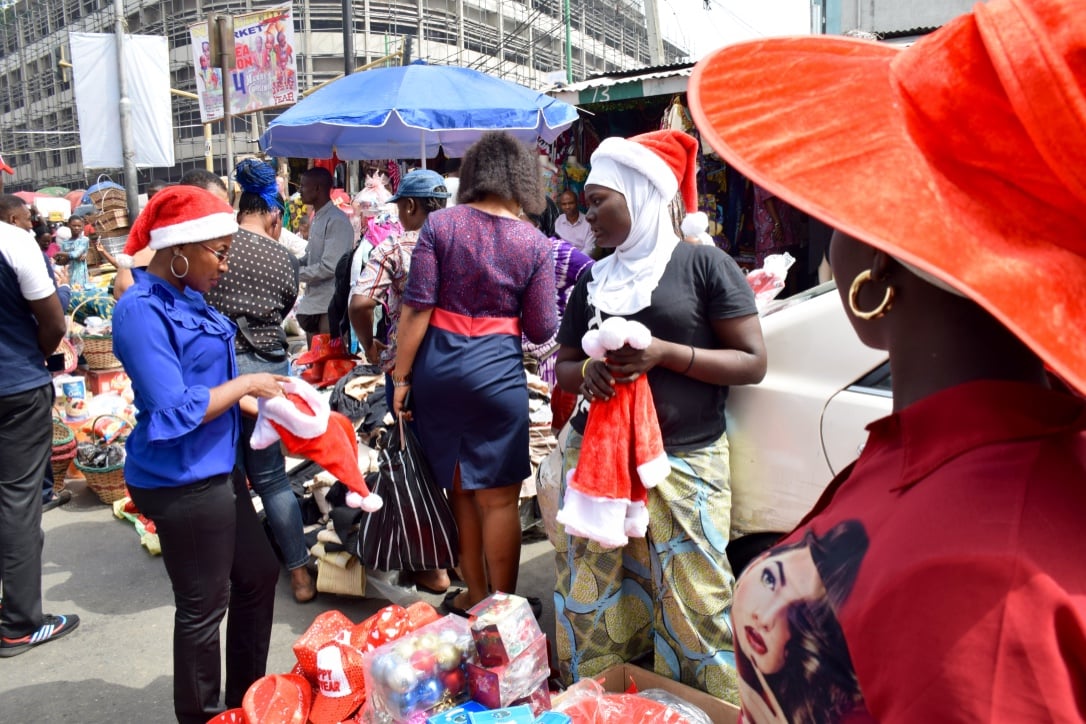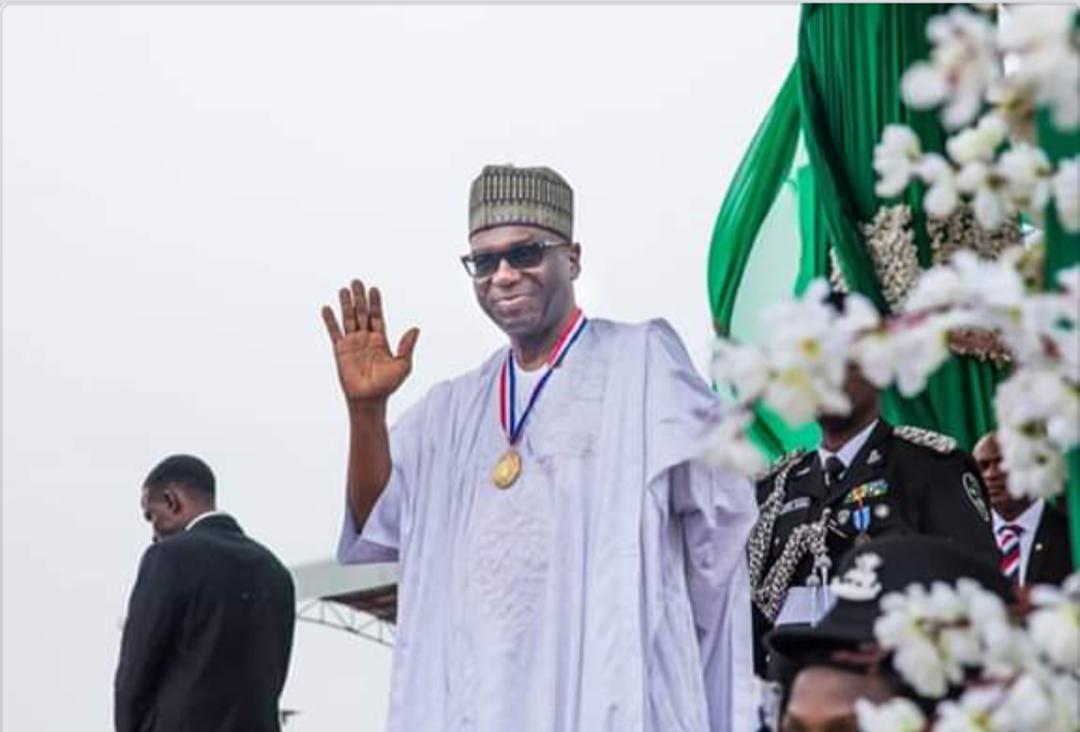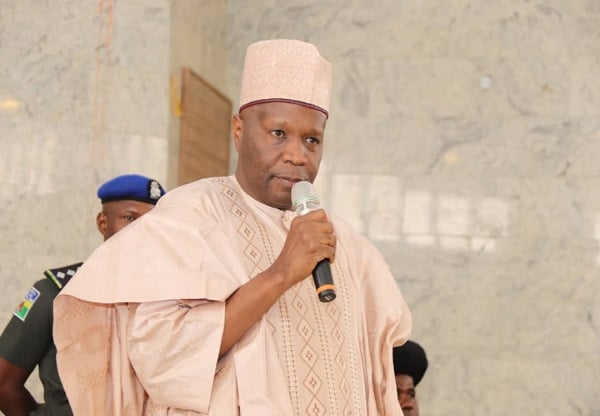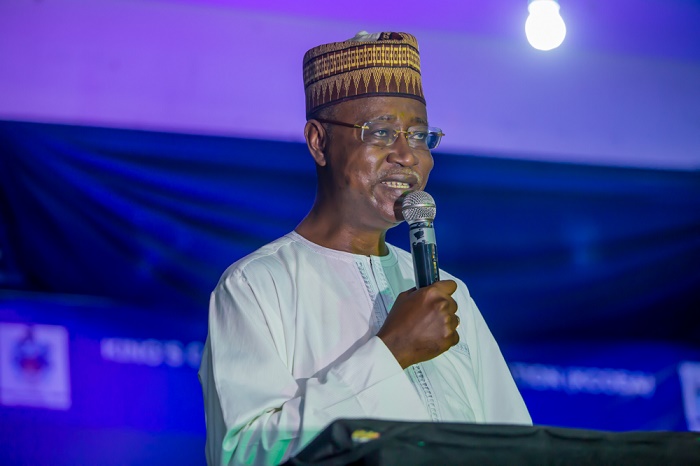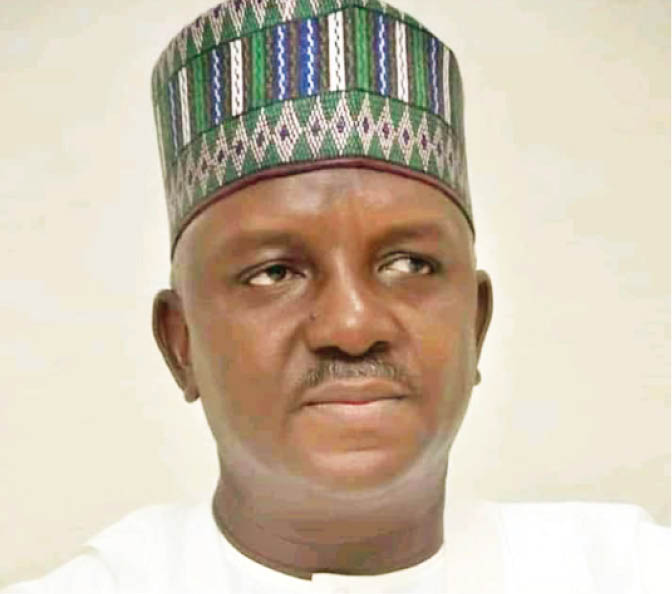BY SANNI ALAUSA-ISA
Where you are born is more predictive of your future than any other factor – Bill and Melinda Gates.
As I read the 2019 edition of the Goalkeepers, an annual report card on the world’s progress towards the Sustainable Development Goals (SDGs) written by Bill and Melinda Gates, the quotation above struck me hard. My mind hovered around the Nigerian situation and the reality of that statement.
Bill and Melinda attributed their success to an enabling environment that ensured that they thrived and making it in life was literally guaranteed. They were, however, not oblivious of the other divide where the odds are stacked against you and the chances of succeeding are slim.
Advertisement
Nigeria has been famously proclaimed as the giant of Africa – a claim I strongly disagree with. It is only acceptable to me if we had to rate it in terms of population. The reality of an average Nigerian is poverty. A poverty-stricken people living in a society where the gap between the wealthy and the poor is ever increasing. If you’re born into a poor family, your chances of making it in Nigeria is low.
This situation has been perpetuated by the government. From failed public policies to massive corruption – Nigeria is set up against the poor. The aura of inequality oozes everywhere in the country and it appears to be an agenda of some sort.
There are recent cases of policies that are made primarily to widen the inequality gap albeit being couched in different narratives to make it seem like it’s for the masses. Just a while ago, the Nigerian government proposed a 2.2% increase in VAT. This policy which is expected to take effect from 2020 directly affects the poor in many ways. An increase affects the purchasing power of the poor and affects Nigeria’s inflation rate.
Advertisement
Increase in tax in a country where government revenue is not effectively utilized for infrastructural and economic development programmes, it can only mean one thing – a wider economic gap.
Historically, access to basic public services such as education, healthcare, potable water and so on has been remarkably uneven. This has had a significant impact on the development of the country.
In the 2018 report of the “Commitment to Reducing Inequality Index”, a global ranking of governments based on what they are doing to tackle the gap between rich and poor, Nigeria ranked poorly. The CRI index which uses three areas – social spending, taxation and labour to measure progress, reports that Nigeria performed poorly in the last two years and its government, despite claiming to fight inequality, has nothing to show for it.
The tax system in Nigeria is unfriendly and a major driver of inequality. In a fair system, citizens pay taxes according to their capabilities. Oxfam international noted that “Nigeria taxes the poor heavily while the rich are taxed lightly.” The rich get tax waivers and holidays while the poor are burdened with taxes.
Advertisement
The disparity between the rich and the poor is alarming. According to world poverty clock, 47.7% of Nigeria’s population is living in extreme poverty. That said, the combined wealth of Nigeria’s five richest men, $29.9 billion, could end extreme poverty at a national level. The gap between the rich and the poor is self-evident, and the government is doing nothing substantial to salvage the situation.
Way forward
Bridging the economic inequality gap is a task that must be done. Poor Nigerians are unwilling to pay tax because the funds are siphoned instead of being used to provide quality education, healthcare and other public services that the poor can benefit from.
The International Monetary Fund (IMF) reports that Nigeria’s spendings on health and education is one of the lowest in the world. These two areas are crucial to closing the inequality gap and the government must just improve its spendings, it must also implement policies that will sustain any input that is made.
Advertisement
Reforming the tax system is essential to closing the inequality gap. A simpler and fairer system that limits tax exemptions and tackles tax evasions. Simply put, Nigeria needs progressive taxation where the country structures its tax system to make it fair, ensuring that citizens, companies and institutions pay taxes in line with their capabilities. This is the core of the fair distribution of public resources.
Above all, it is pertinent that any change in policy or reforms of existing systems that do not positively transform the lives of the common man on the street is a fictitious representation of reality. Combating economic equality is achieved only when there are fewer people living below the poverty line. The government must invest in healthcare, education, roads and other public services.
Advertisement
Alausa-Isa is a writer and public speaker
Advertisement
Views expressed by contributors are strictly personal and not of TheCable.
Add a comment
